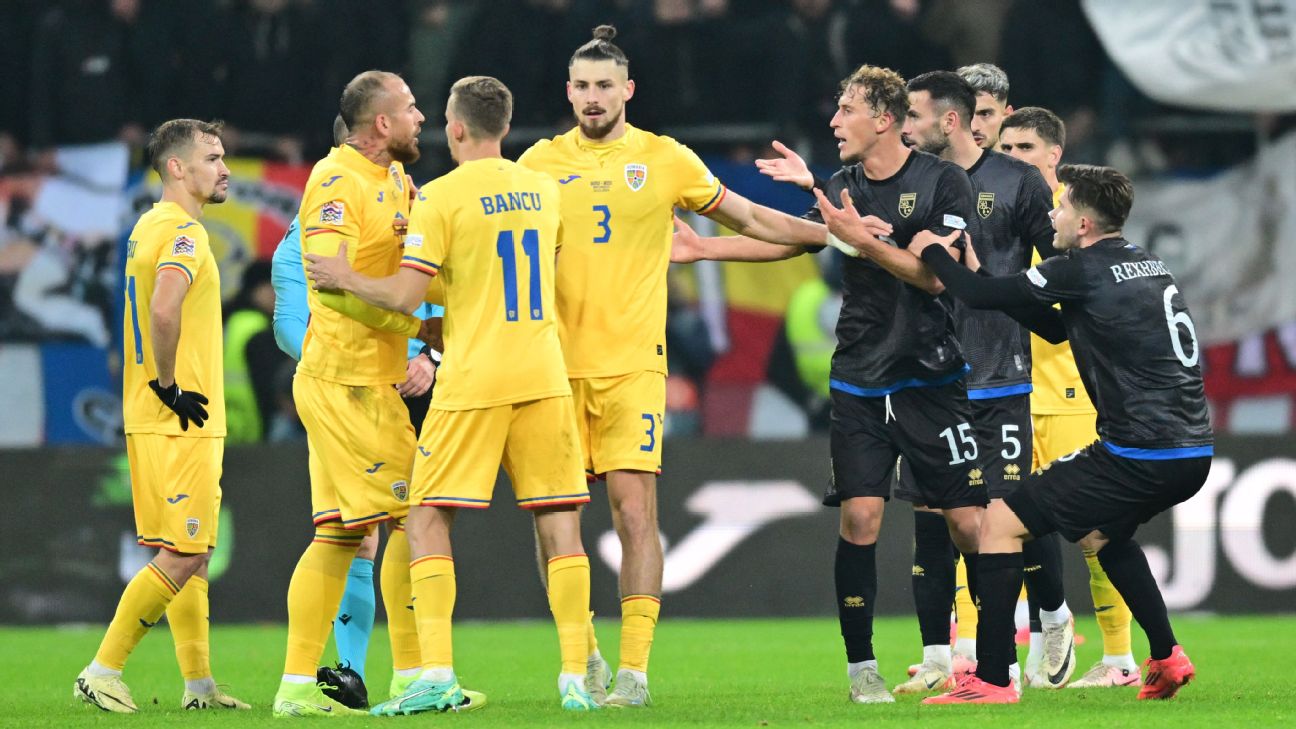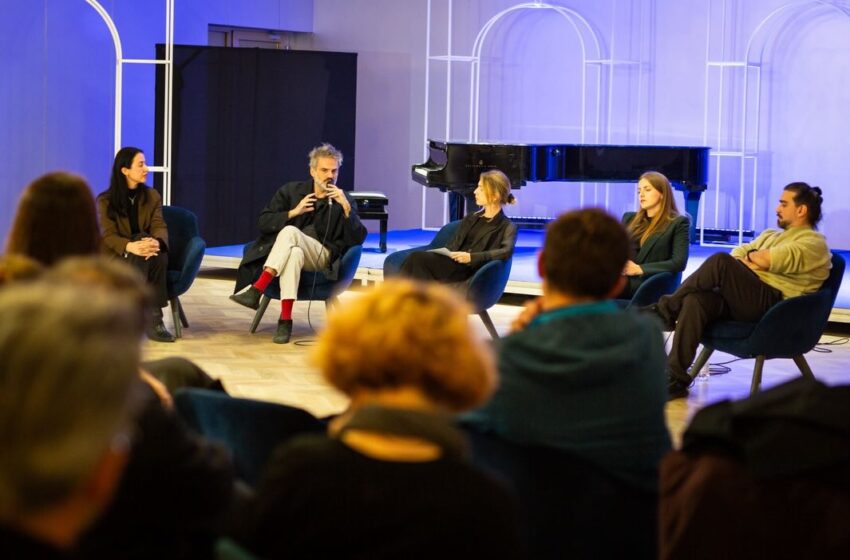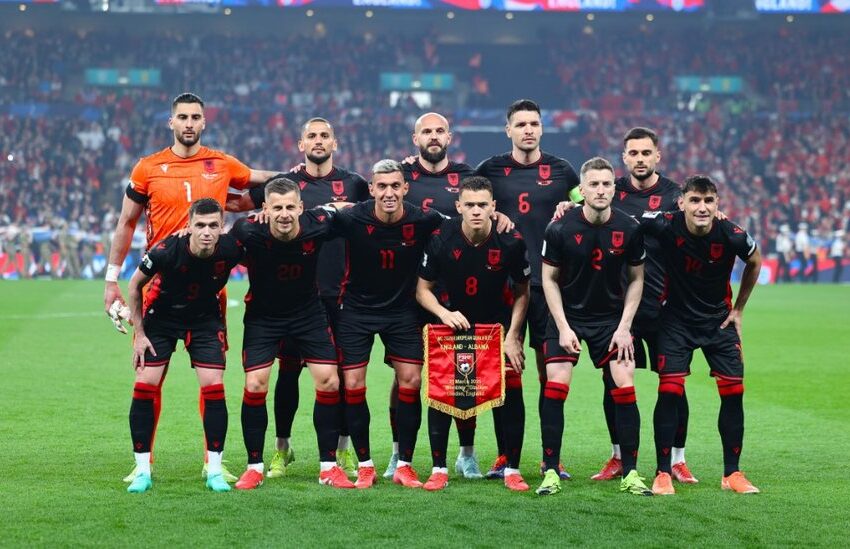Kosovo-Romania match abandoned: UEFA’s decision anticipated amid calls for action

The UEFA Nations League match between Kosovo and Romania in Bucharest was abandoned when Kosovo’s players left the field in protest against persistent racist and xenophobic chants from Romanian ultras, including slogans like “Serbia, Serbia” and “Kosovo is Serbia.” Despite Kosovo’s coach Franco Foda attempting to resume play, the offensive chants continued, leaving the team no choice but to prioritize dignity over the game. At the time of the interruption, Kosovo had been playing well and the score was tied at 0-0 in added time.
Why is this important: UEFA’s regulations are firm: leaving the field can result in sanctions. Kosovo faces the risk of a default loss, a consequence that could unfairly impact their standings. Yet, the incident also puts pressure on UEFA to address escalating issues of racism and nationalist provocations in football, underlining the need for stronger measures to ensure the safety and dignity of players. The Football Federation of Kosovo (FFK) has demanded decisive action, emphasizing that the values of respect and equality are at stake.
UEFA’s rules: According to UEFA Article 29, if a team refuses to continue a match, the outcome could be a default loss and additional sanctions. However, the rule also allows for flexibility, particularly if the circumstances justify leniency. Kosovo is hopeful that UEFA will consider the severity of the provocation and the need to combat racism in football.
What did Kosovo say: The FFK swiftly issued a statement condemning the incident, describing it as “an attack on the values of football and the dignity of the Kosovo national team.” They reported the behavior to UEFA, presenting a well-documented case. Coach Foda expressed disappointment over the situation but praised his team’s strong stance, stating, “We are Kosovo, and respect is non-negotiable.”
Context: This is not the first time Balkan rivalries have erupted in football stadiums. Similar incidents have occurred in matches involving Albanian teams. The episode highlights ongoing tensions in the region, where sports often reflect deeper nationalistic and ethnic divides.
Similar incidents took place during Albania’s game in Prague too where insults where exchanged and altercations took place between rival fans. Ahead of tonight’s match against the Czech Republic at 20:45 in “Air Albania” stadium, the president of the Albanian Football Association (FSHF), Armando Duka, issued a public message on social media. He expressed concerns over potential incidents, recalling that during the previous encounter in Prague, Czech fans desecrated national symbols. He called on Albanian fans to show civility.
Controversy: Some have suggested that Kosovo’s departure was a strategy to secure a 3-0 forfeit win, but this perspective overlooks the broader context of standing against racism. Perhaps unsurprisingly, the claim that Kosovo engineered the situation for an advantage has circulated in Serbian media, yet it fails to acknowledge the fundamental issue of the intolerable chants.
What’s next: UEFA’s upcoming decision will be pivotal. Kosovo remains hopeful that UEFA will recognize their stance as a necessary step in the fight against racism, setting a strong precedent for future incidents. The resolution could either affirm the importance of protecting player dignity or risk emboldening unacceptable behaviors in the sport.


